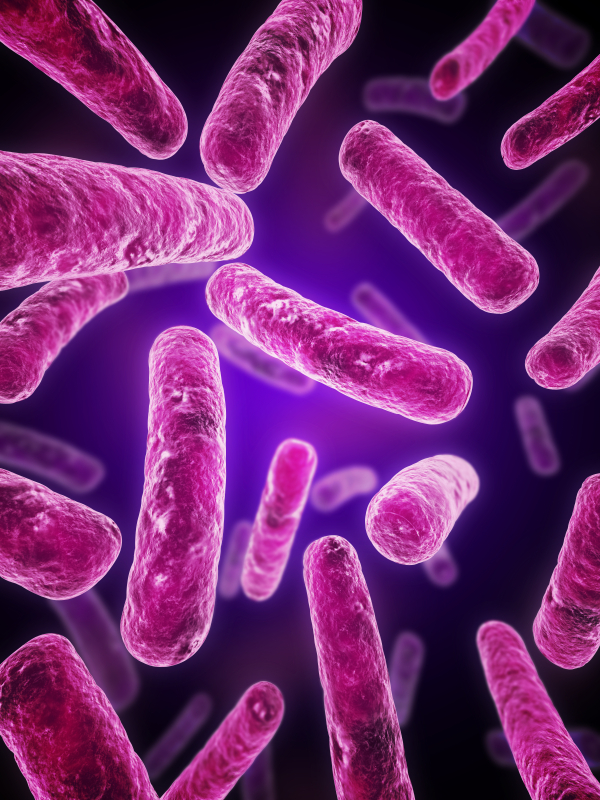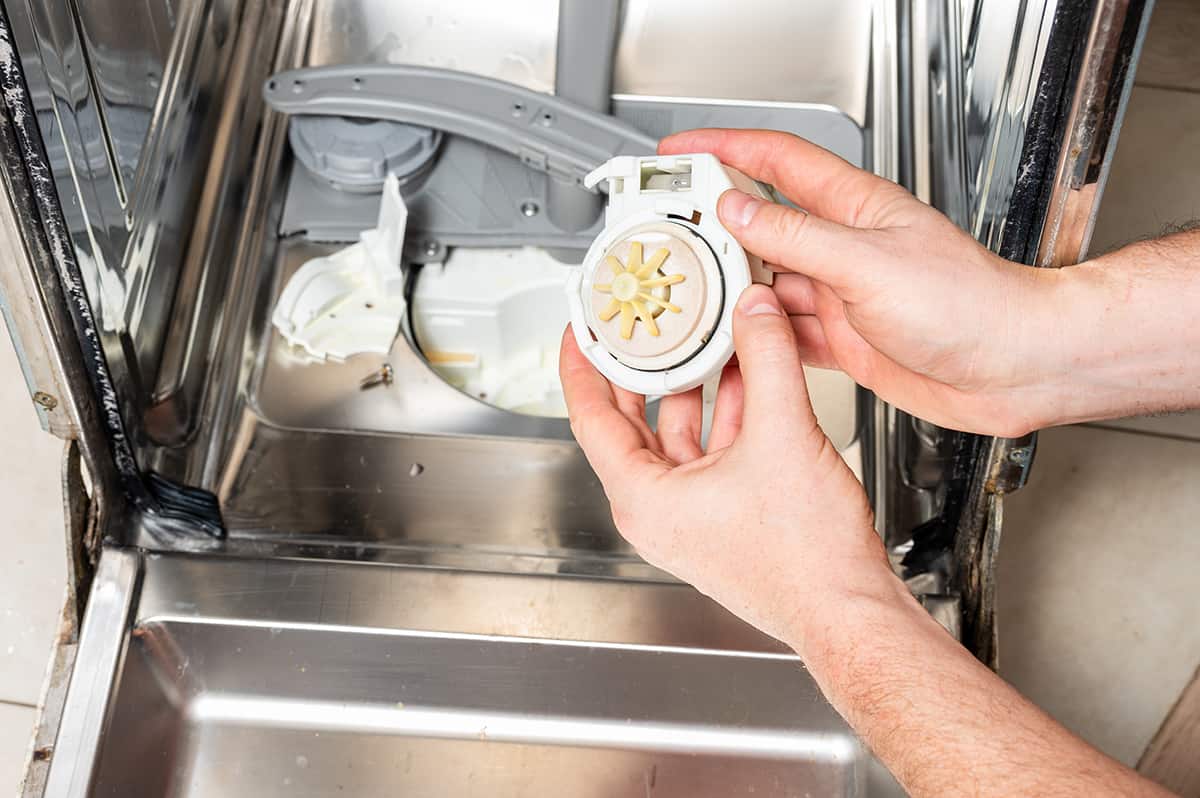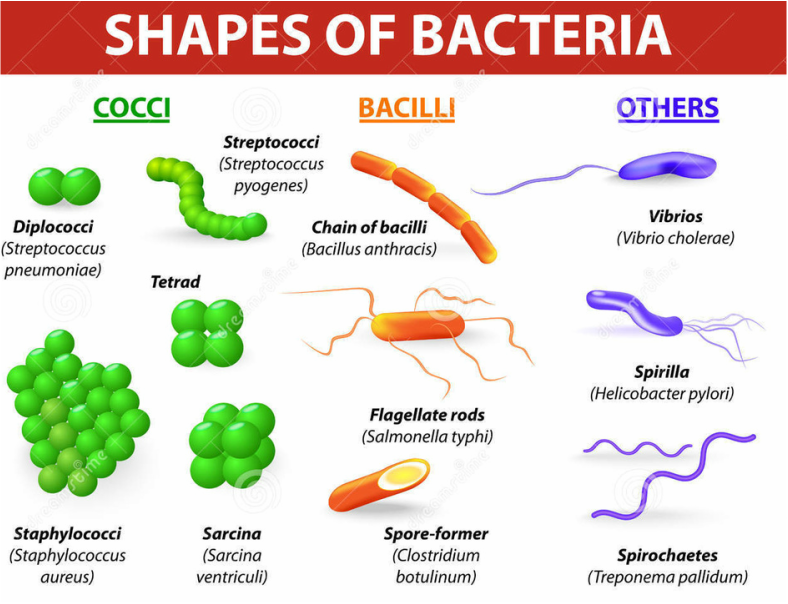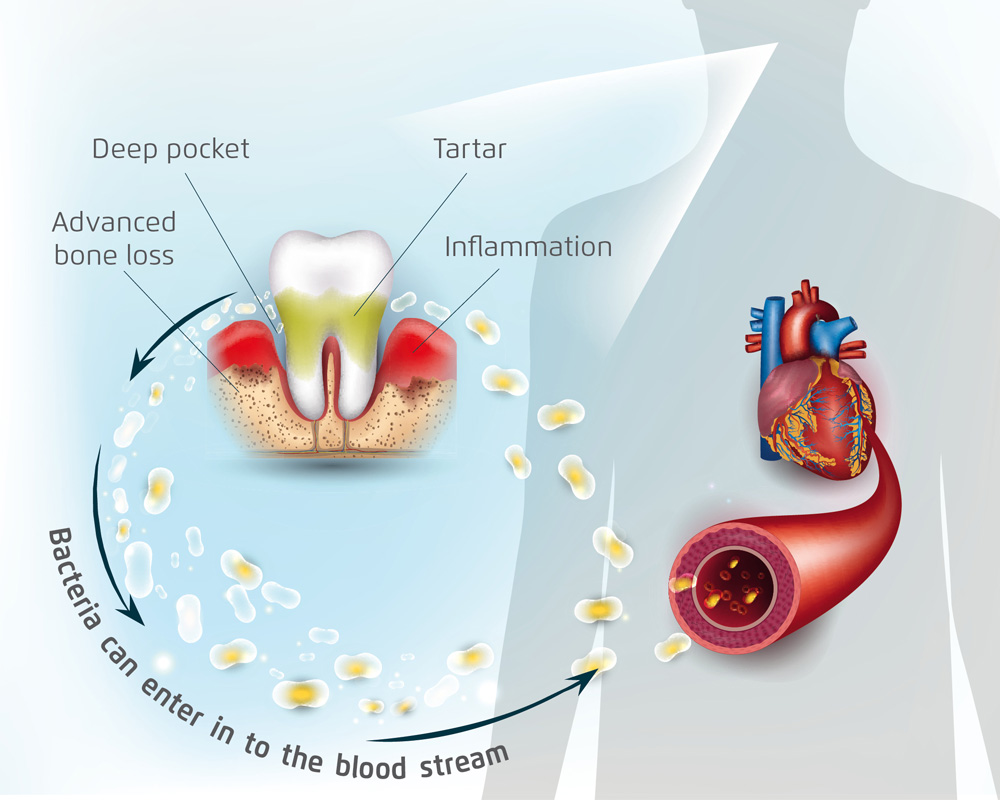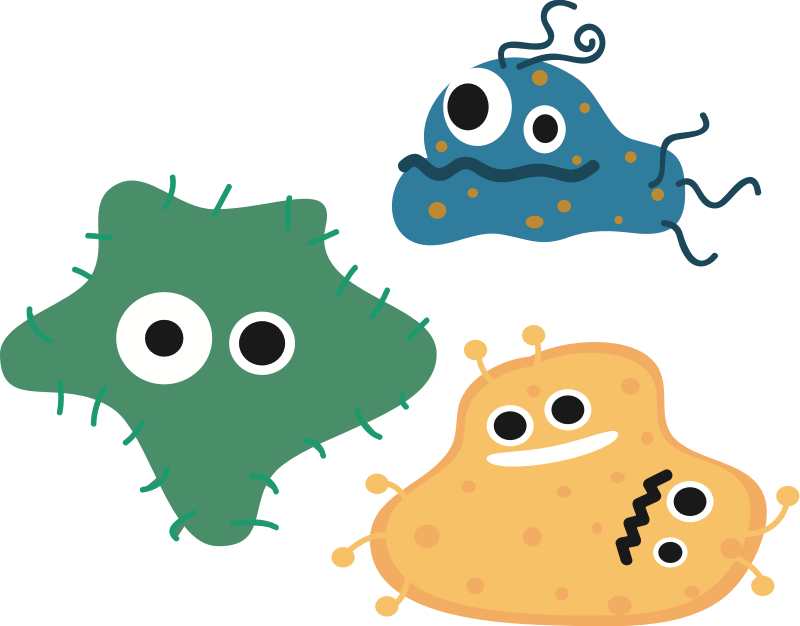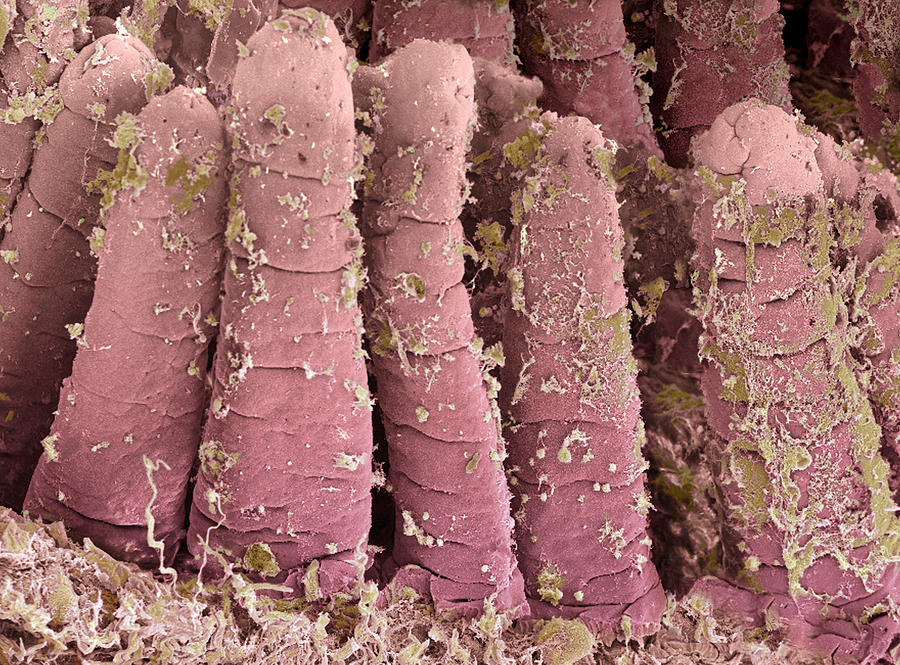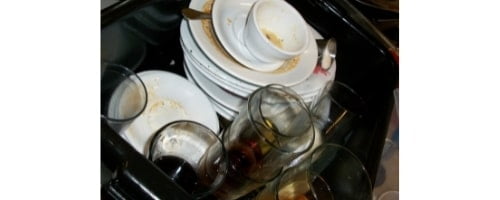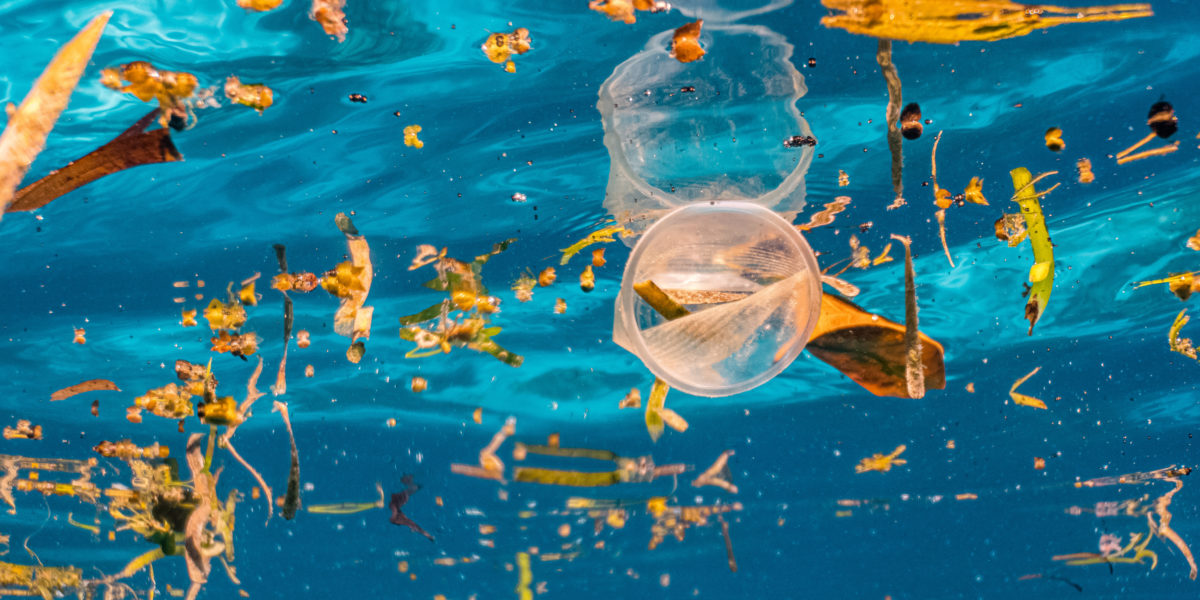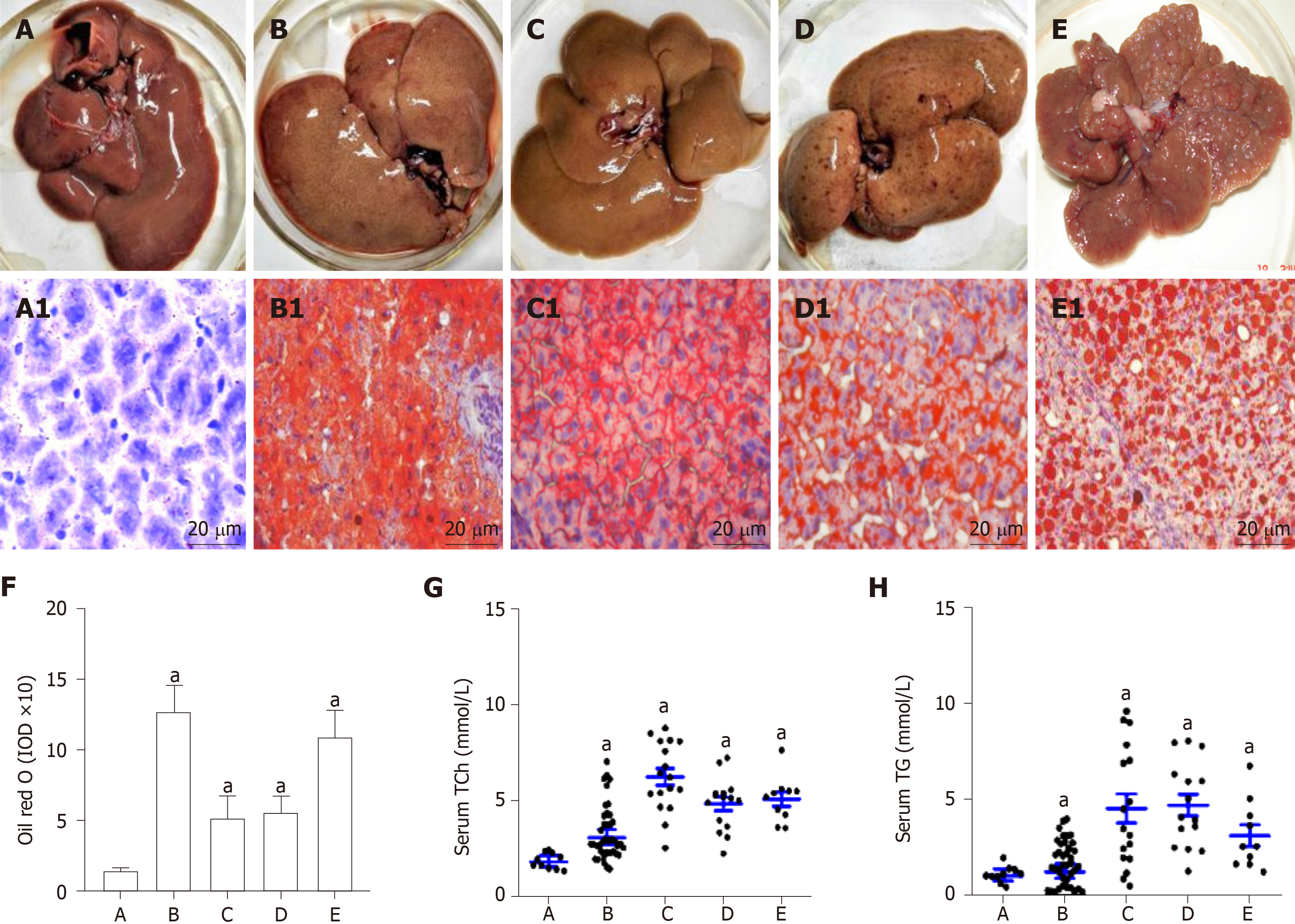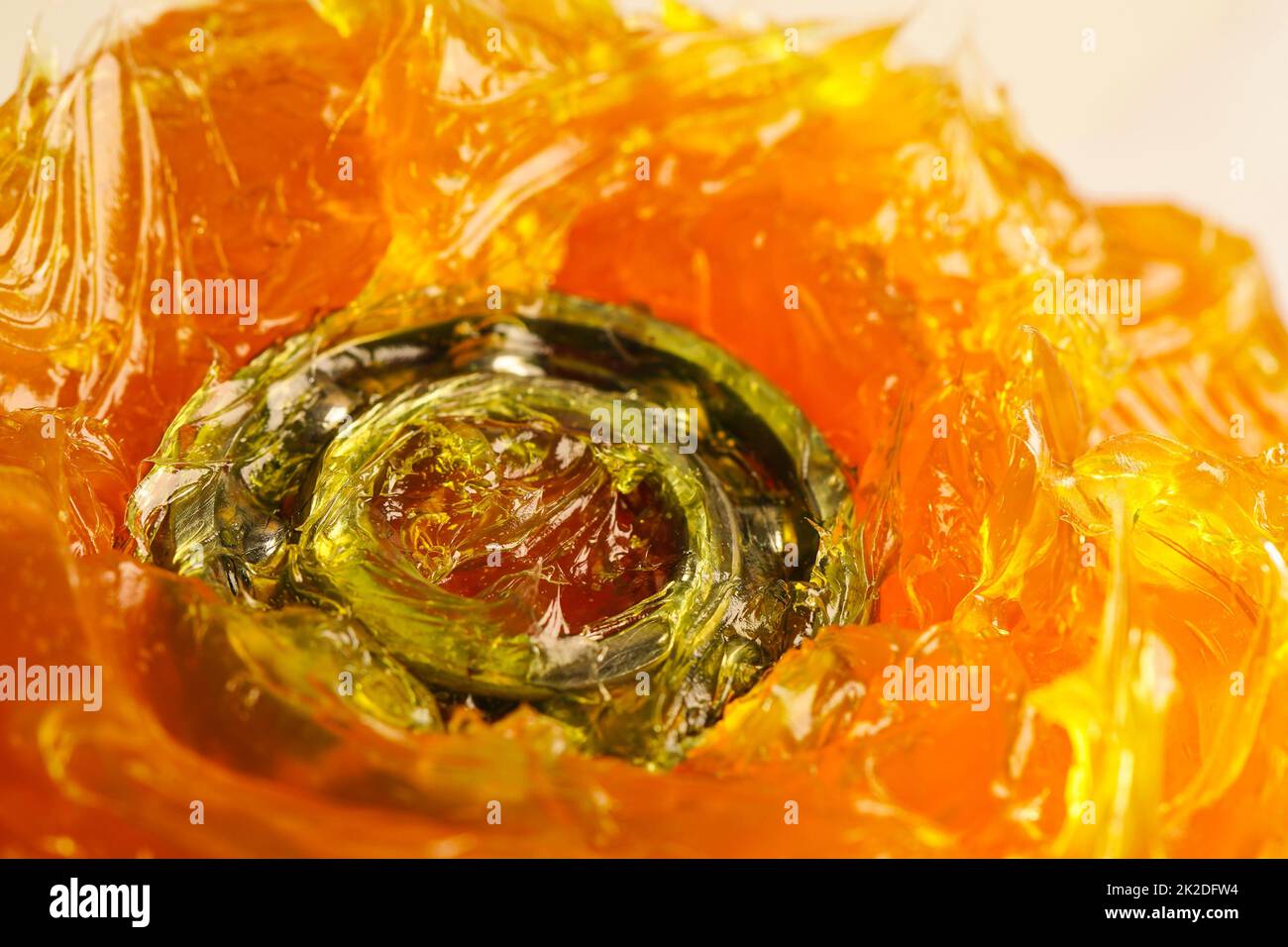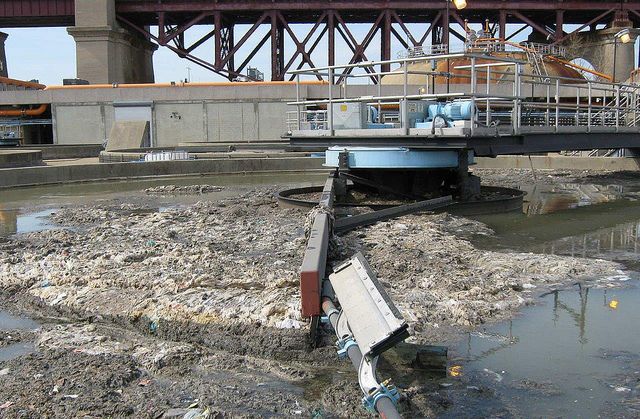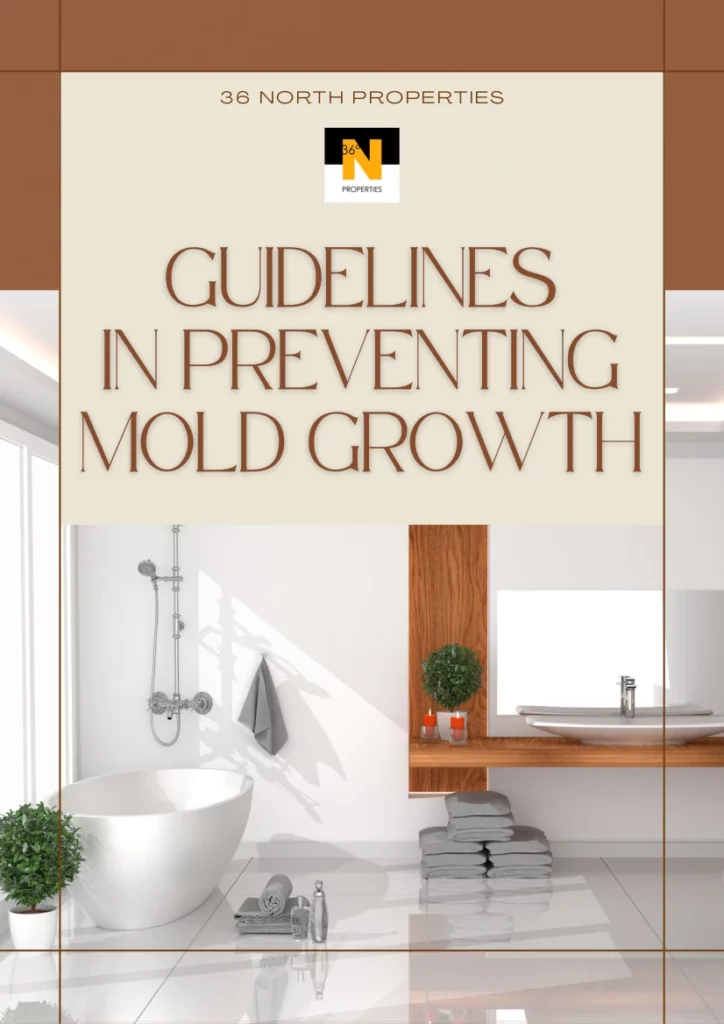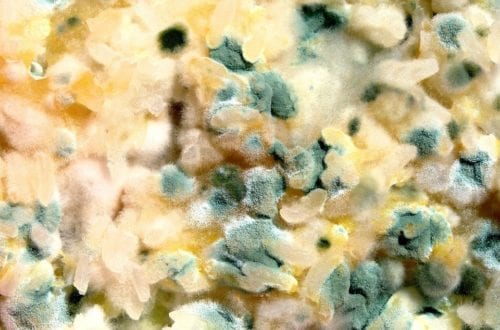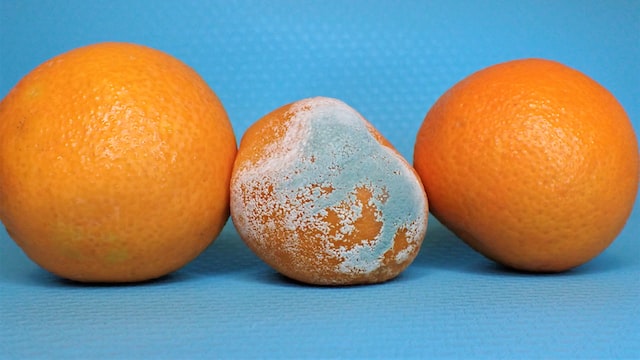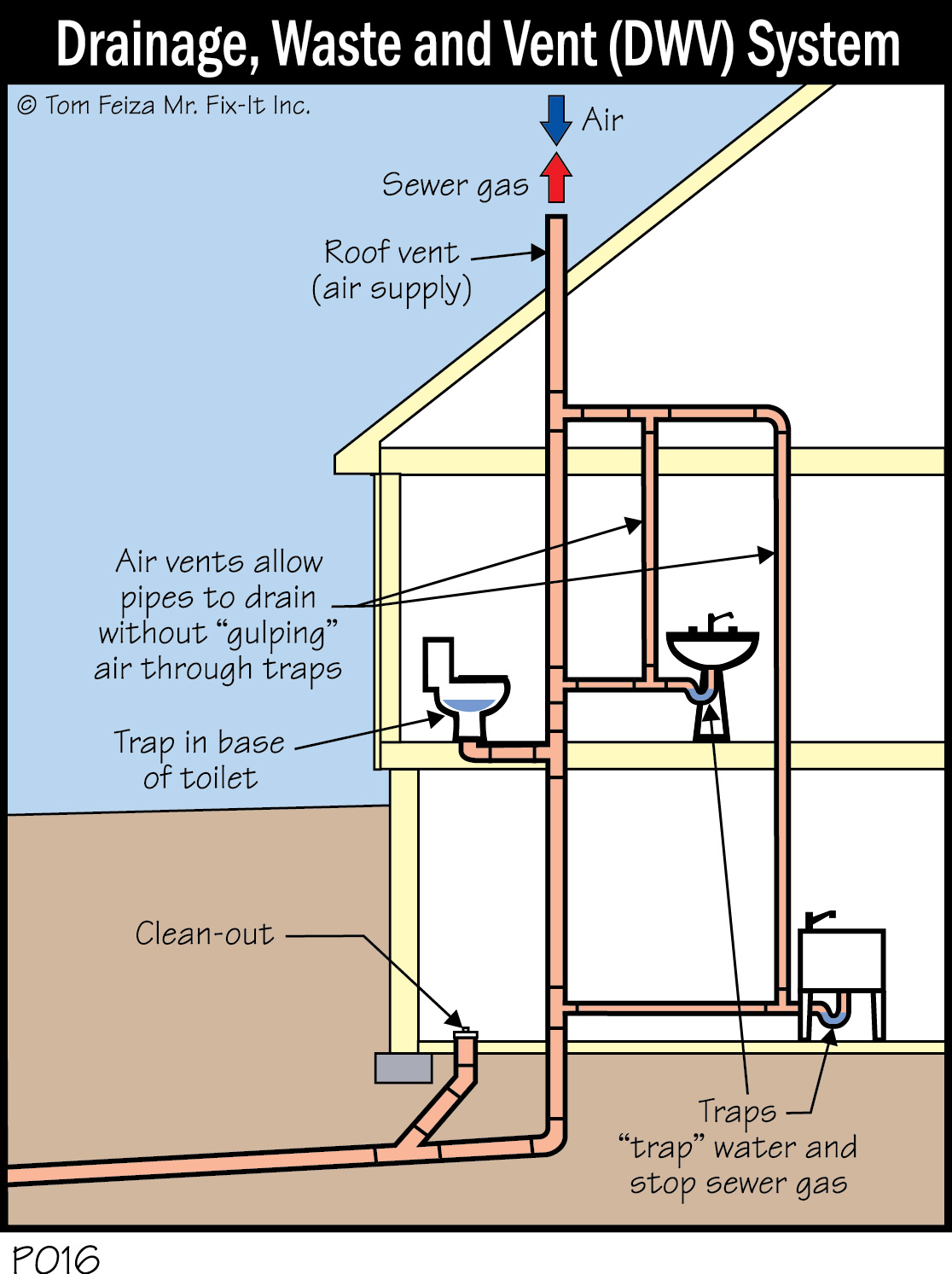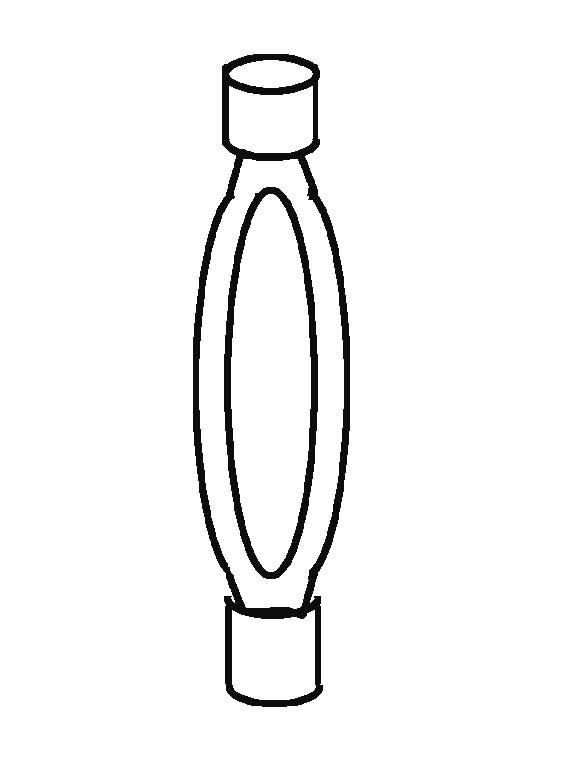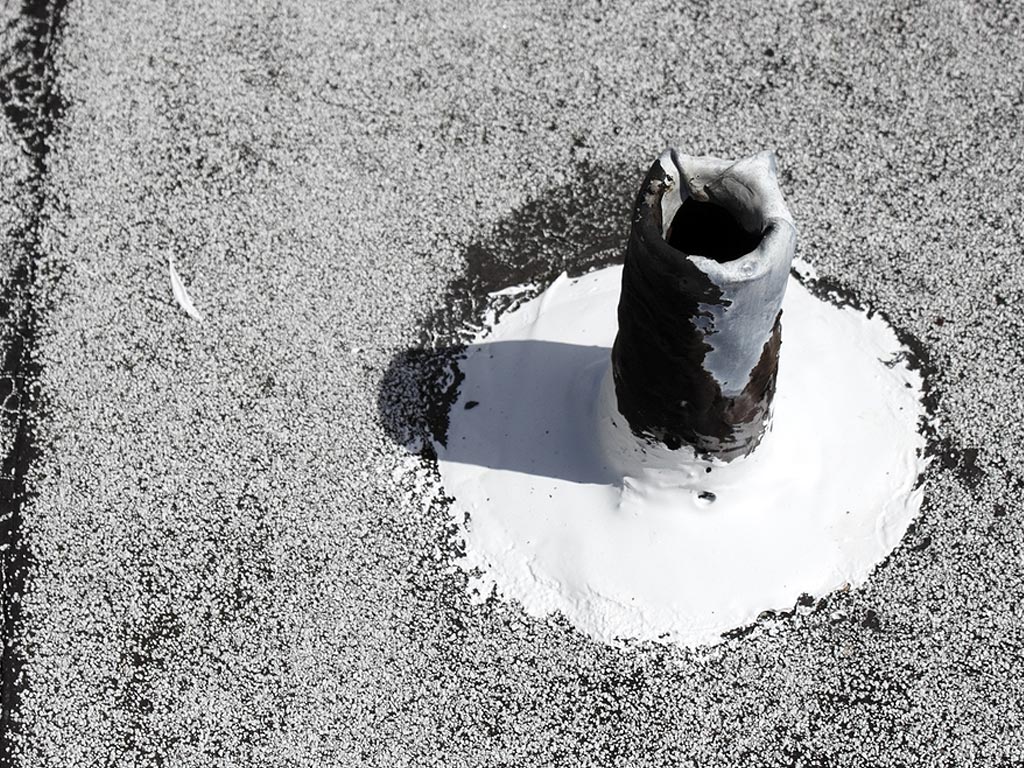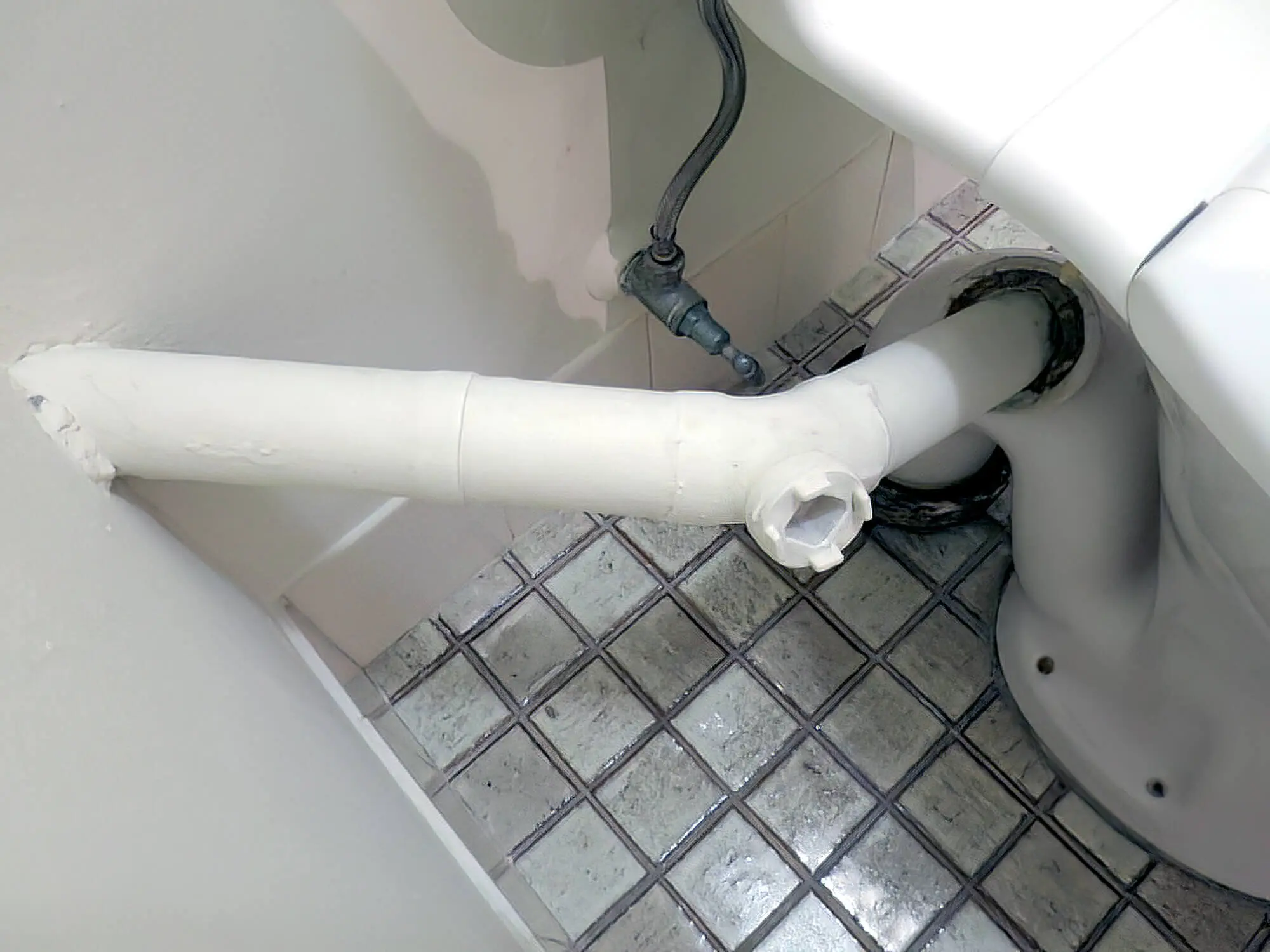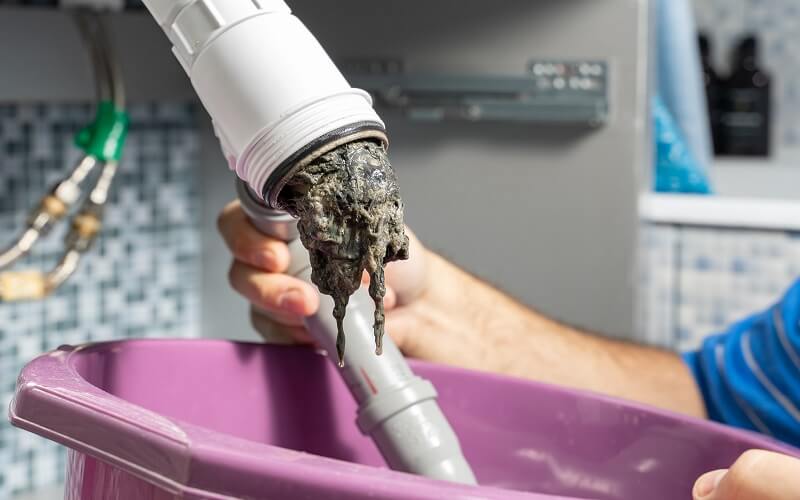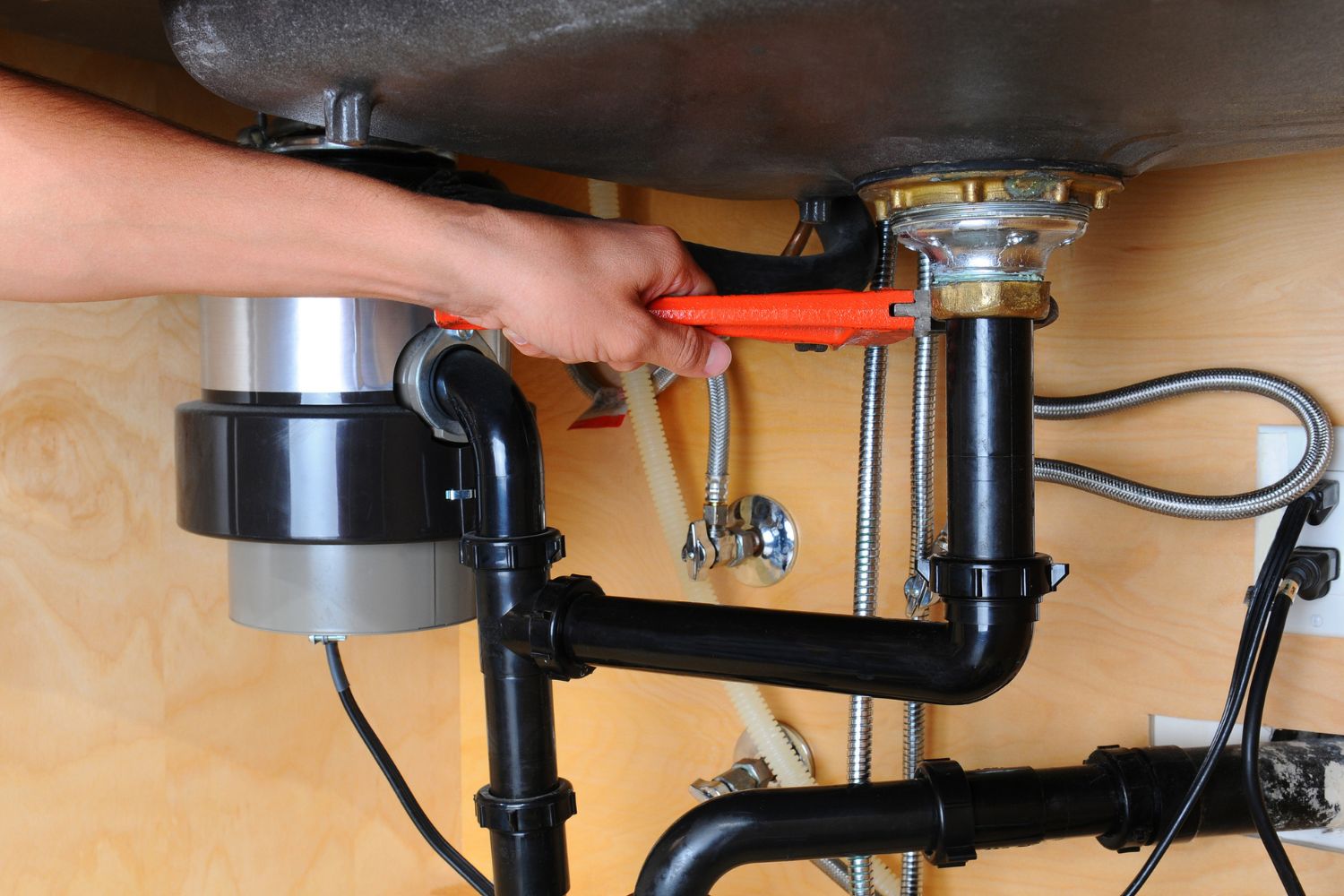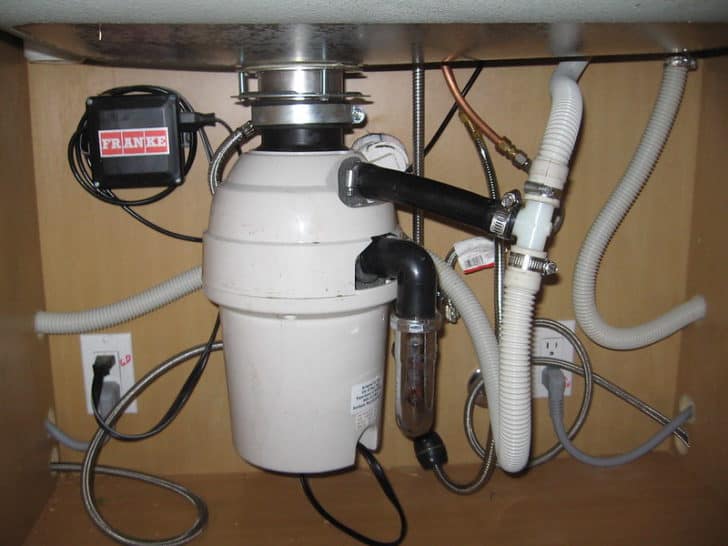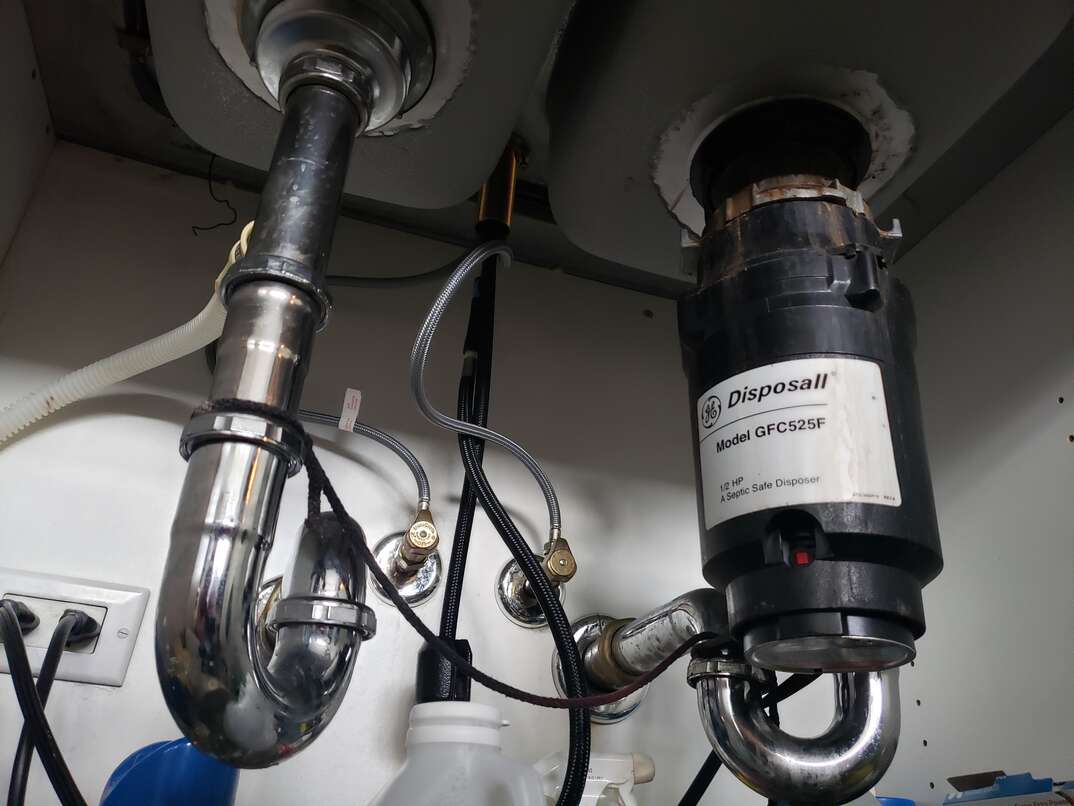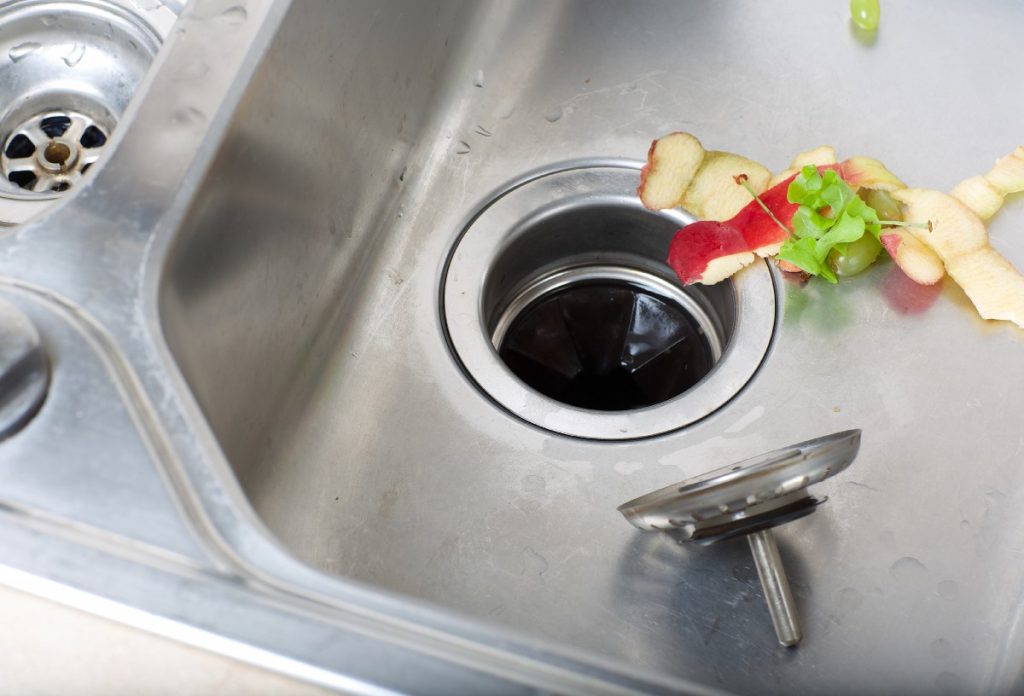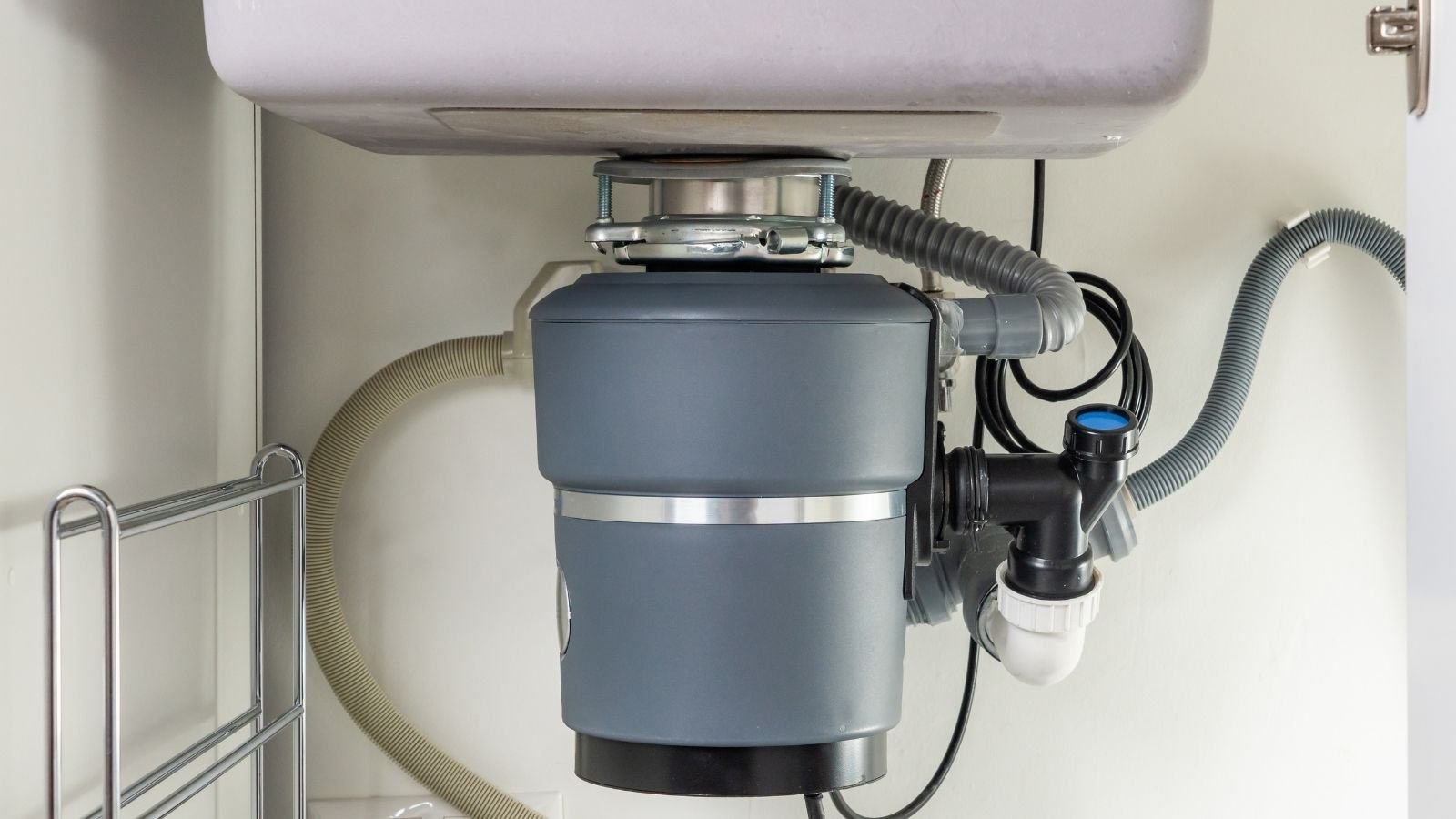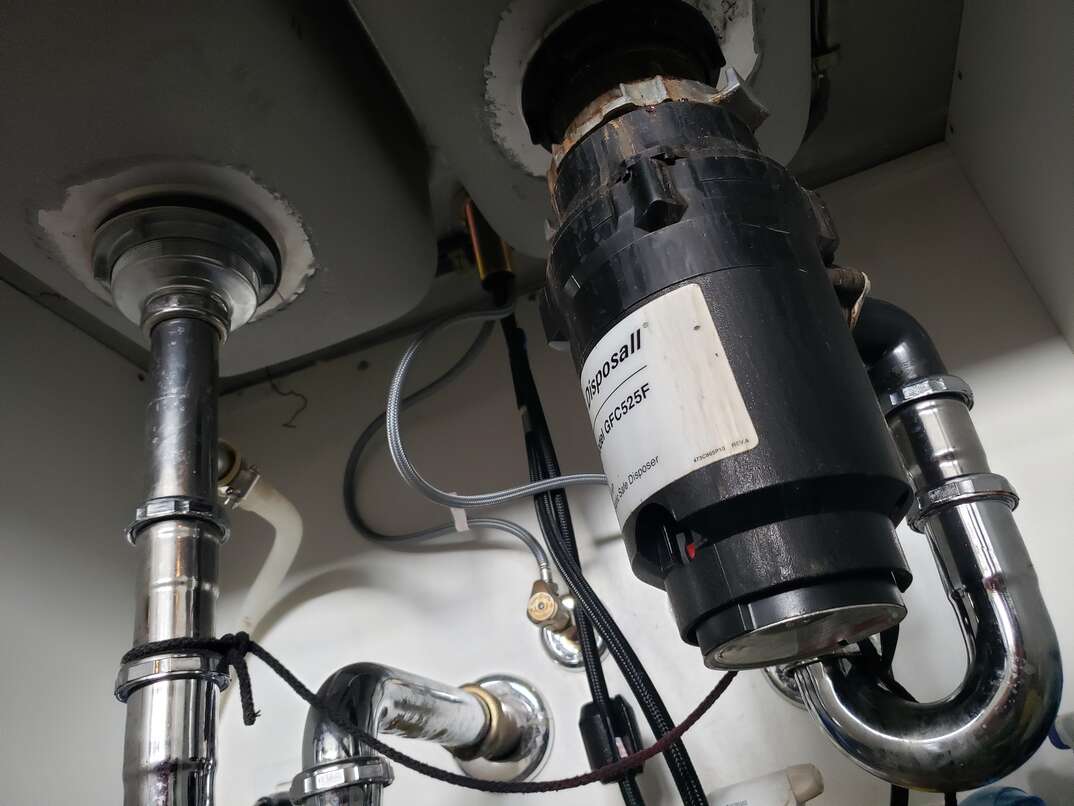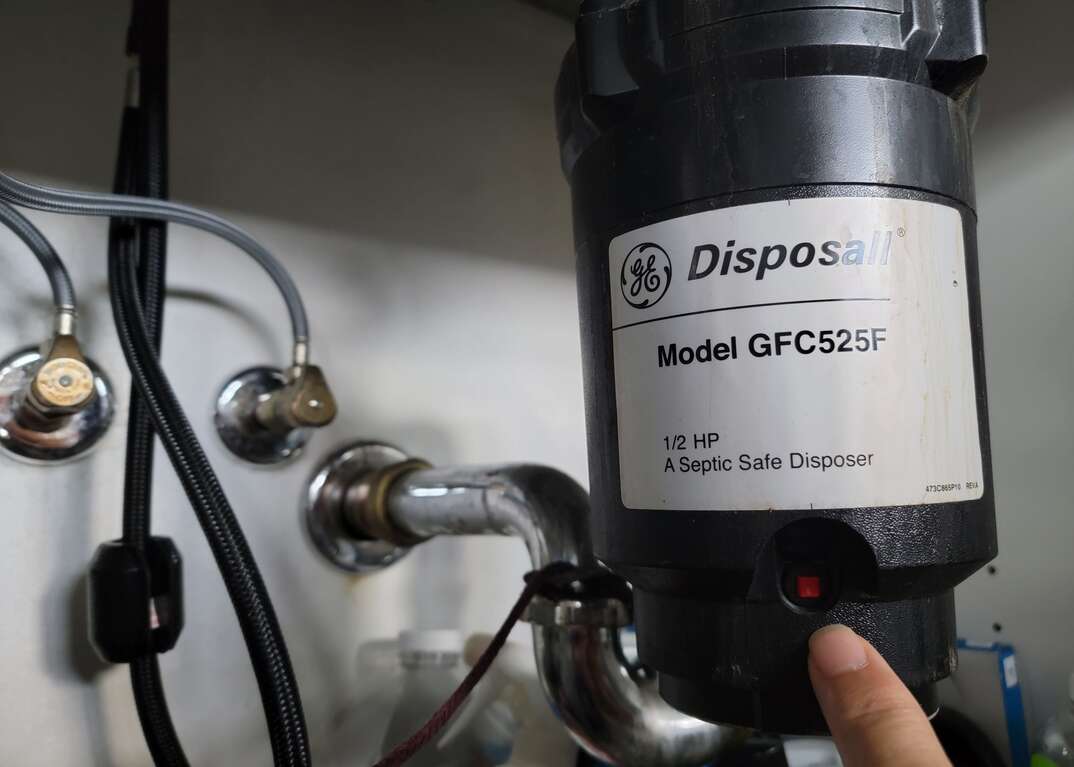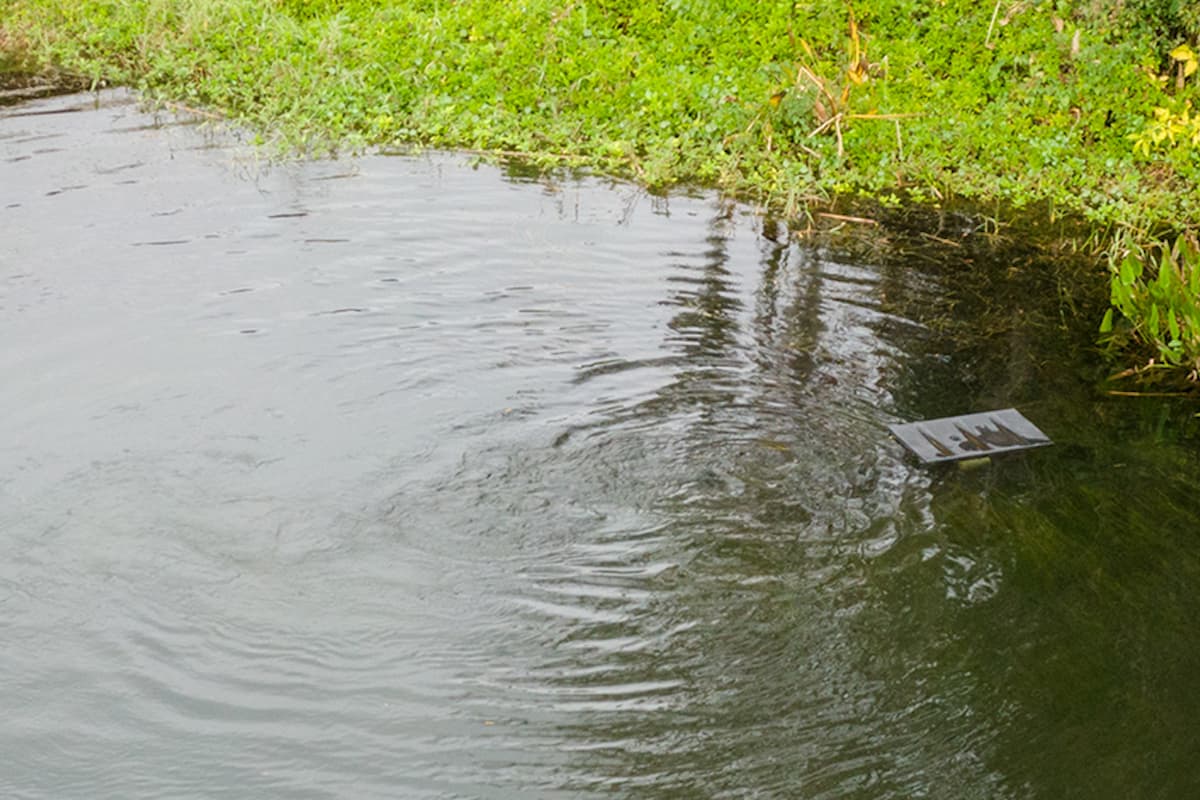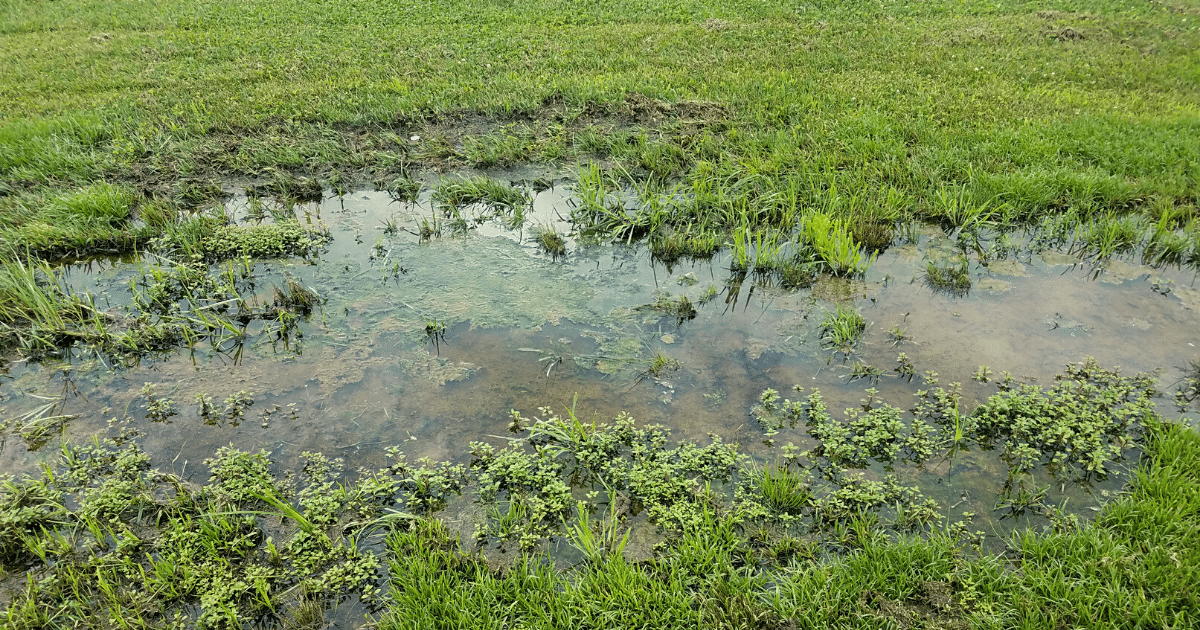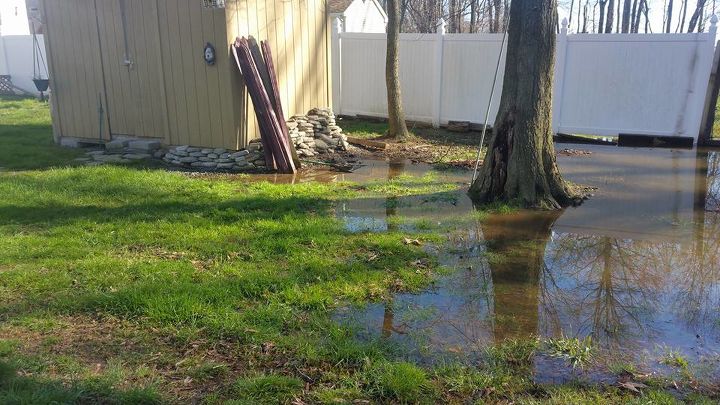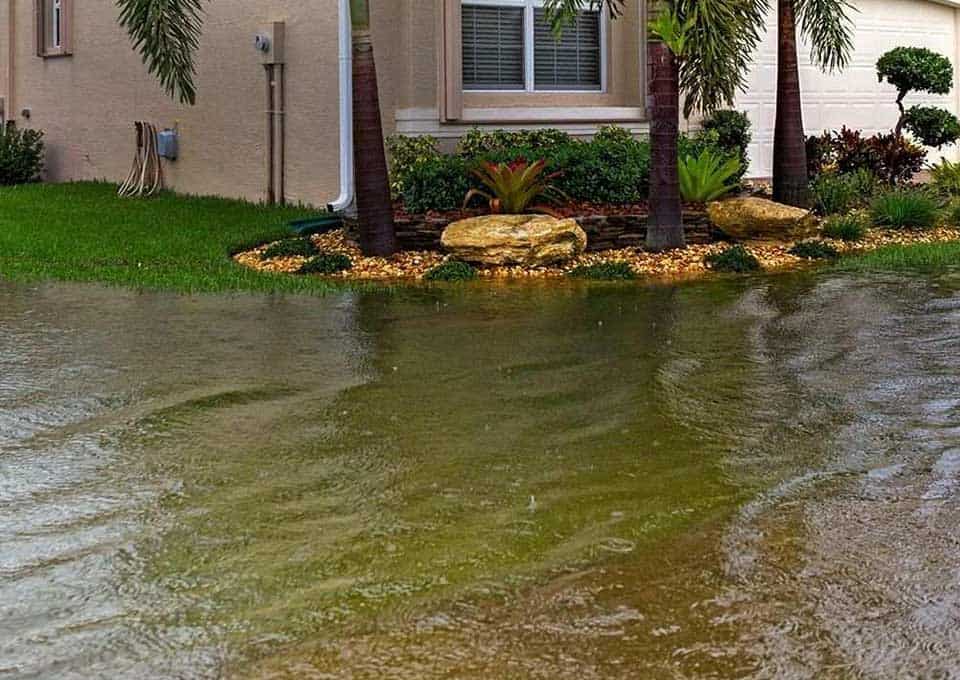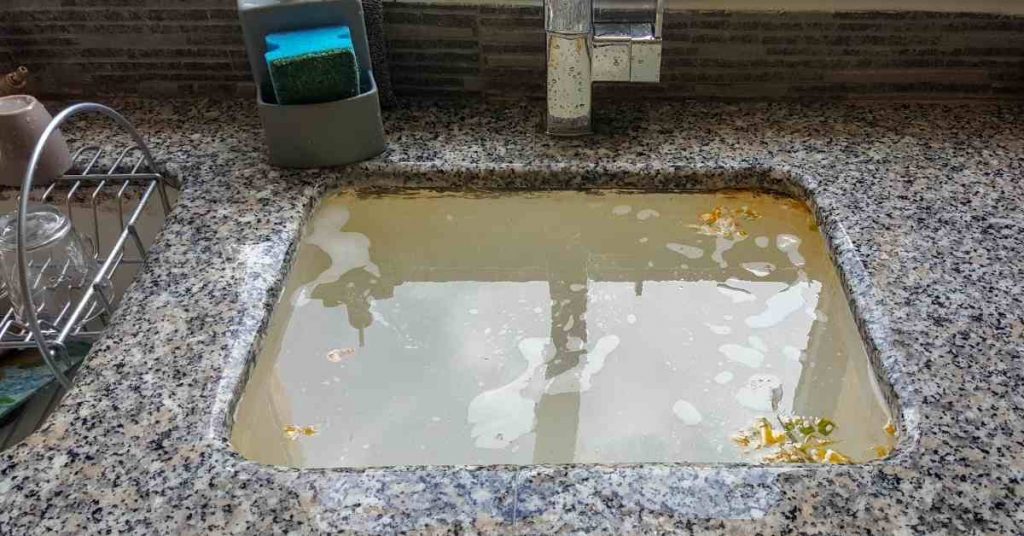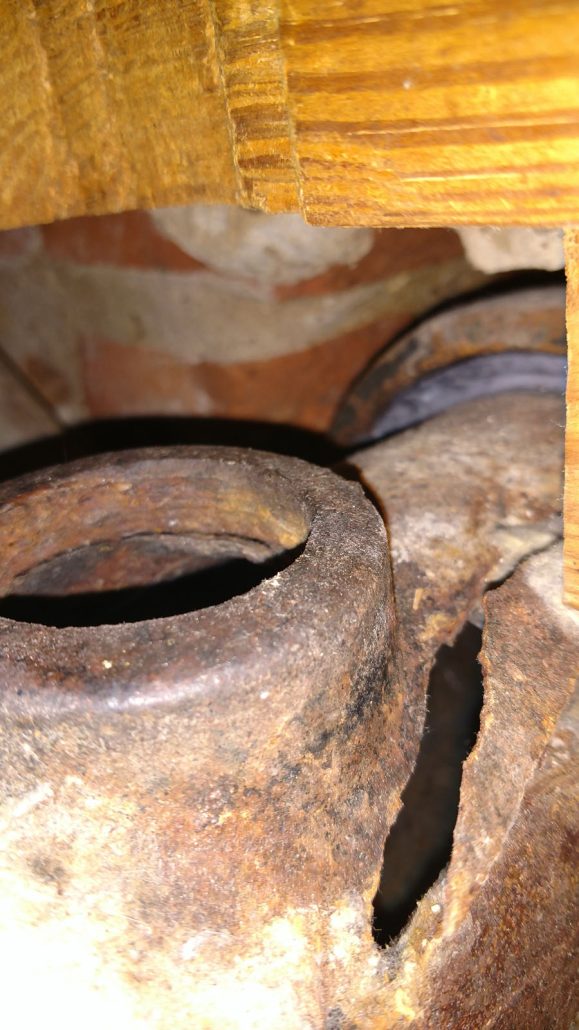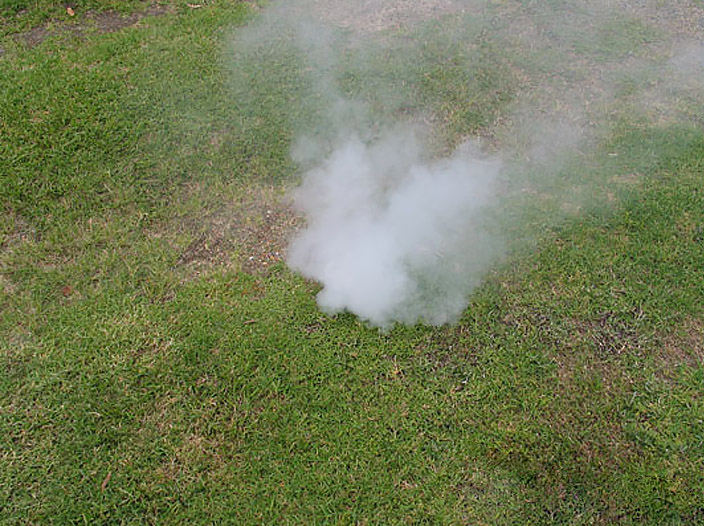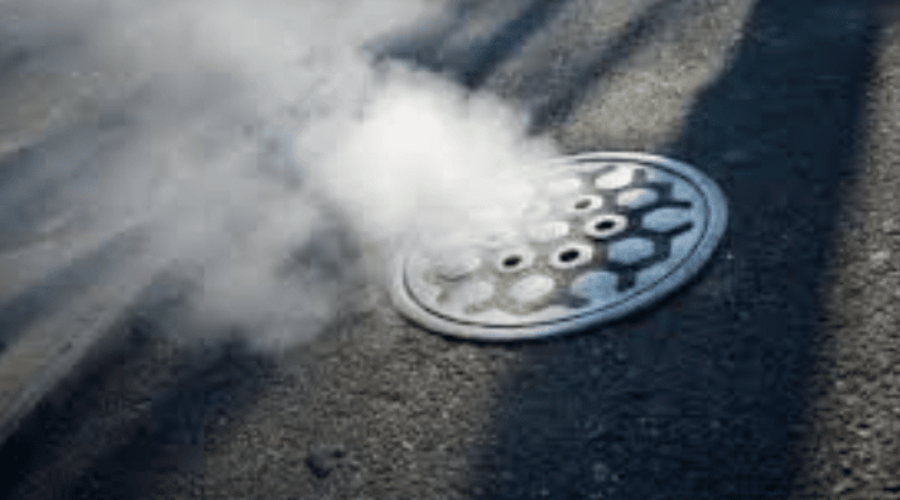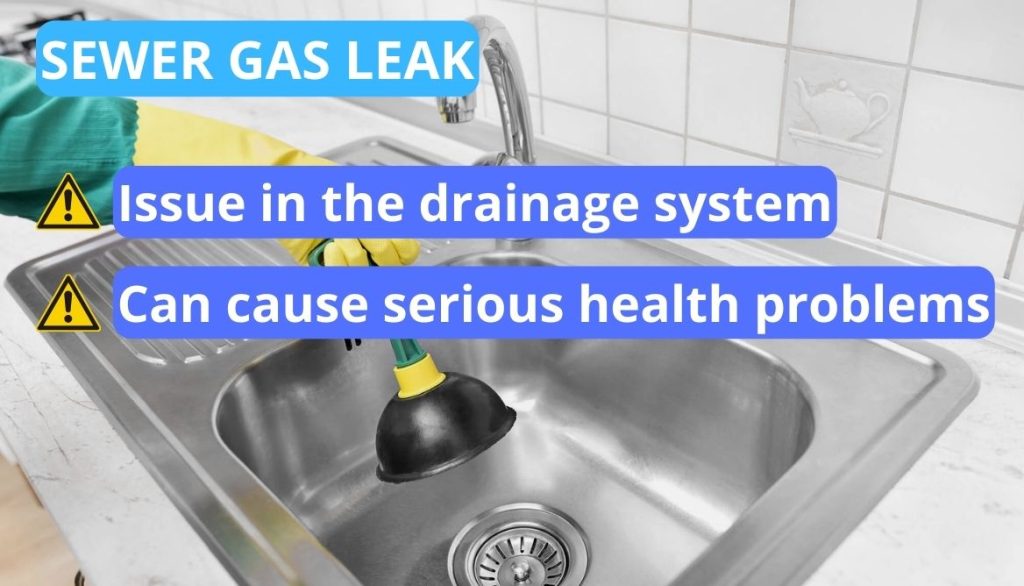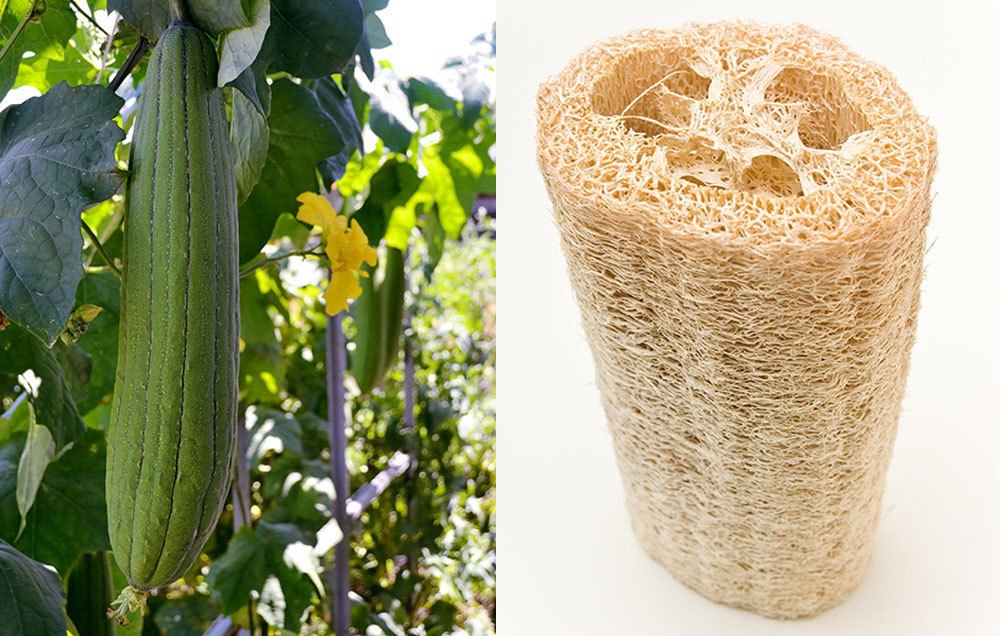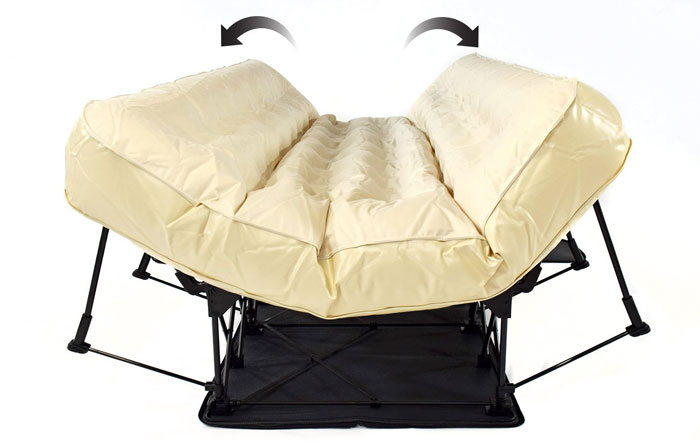If you've ever experienced a foul smell in your kitchen, chances are it's coming from a clogged drain. Over time, food particles, grease, and other debris can build up in your sink's drain, causing a blockage. This not only creates a stinky odor, but it can also lead to slow draining and even clogs. It's important to address a clogged drain as soon as possible to prevent further issues and eliminate the unpleasant smell.1. Clogged Drain
Another common cause of unpleasant odors in the kitchen sink is bacteria buildup. As food particles and other organic matter get trapped in the drain, they can start to decompose and produce a foul smell. This can also happen in the garbage disposal, as food scraps can get stuck and create the perfect breeding ground for bacteria. Regularly cleaning and disinfecting your sink and garbage disposal can help prevent this issue.2. Bacteria Buildup
Speaking of food particles, they can also be a major contributor to the smell in your kitchen sink. It's easy for small bits of food to get stuck in the drain, especially if you don't have a garbage disposal. As they sit and decompose, they can produce a strong odor that can spread throughout your kitchen. To prevent this, make sure to scrape off any food scraps from dishes before rinsing them in the sink.3. Food Debris
Grease is another common culprit for kitchen sink odors. When you pour grease down your drain, it can solidify and stick to the walls of your pipes. Over time, this can build up and start to emit a rancid smell. To prevent this, avoid pouring grease down the drain and instead dispose of it in a separate container. You can also use a mixture of hot water and dish soap to help break down any existing grease buildup.4. Grease Accumulation
If you notice a musty smell coming from your kitchen sink, it could be due to mold growth. Mold thrives in warm, damp environments, making a kitchen sink the perfect breeding ground. This can happen if you have a leaky faucet or if you don't use your sink frequently enough. To combat mold growth, regularly clean and dry your sink and make sure to fix any leaks as soon as they occur.5. Mold Growth
The vent pipe is an essential part of your plumbing system, as it allows air to escape from your pipes and prevents gases from building up. However, if the vent pipe becomes blocked, it can cause odors to linger in your kitchen sink. This can happen if debris or even a bird's nest gets stuck in the vent pipe. If you suspect this is the cause of the smell, it's best to call a professional plumber to clear the blockage.6. Blocked Vent Pipe
If your kitchen sink has a garbage disposal, it's important to keep it clean and well-maintained. Over time, food particles can get stuck in the blades and create a foul smell. If your garbage disposal is old and worn out, it may not be able to effectively grind up food scraps, leading to a buildup of debris and an unpleasant odor. Consider replacing your garbage disposal if it's showing signs of wear and tear.7. Old Garbage Disposal
Standing water in your kitchen sink can also contribute to a bad smell. This can happen if you have a leaky faucet or if you don't use your sink often enough. Stagnant water can become a breeding ground for bacteria and mold, resulting in a musty or rotten smell. Make sure to address any leaks and regularly run water down your sink to prevent standing water from lingering.8. Standing Water
In some cases, a bad smell in your kitchen sink may not be coming from your sink at all, but rather from a sewer gas leak. If you notice a strong, sulfur-like smell coming from your sink, it could be a sign of a damaged or improperly installed plumbing system. This is a serious issue and should be addressed by a professional plumber immediately.9. Sewer Gas Leak
Lastly, the source of the smell in your kitchen sink may be something as simple as a dirty dishcloth or sponge. These items can harbor bacteria and emit a foul odor, especially if they are left damp and not properly cleaned. Make sure to regularly wash your dishcloths and sponges, and replace them when necessary.10. Dirty Dishcloth or Sponge
Eliminating Smells in the Kitchen Sink

Understanding the Cause of Smells in the Kitchen Sink
 The kitchen sink is an essential part of any household, used for washing dishes, preparing food, and even disposing of food scraps. However, it is also a common area for unpleasant smells to arise. These smells can be caused by a variety of factors, including food debris, grease buildup, and bacteria growth. The most common culprit is often the kitchen drain, which can become clogged and harbor bacteria, leading to unpleasant odors. Fortunately, there are several simple and effective ways to eliminate these smells and keep your kitchen sink smelling fresh and clean.
The kitchen sink is an essential part of any household, used for washing dishes, preparing food, and even disposing of food scraps. However, it is also a common area for unpleasant smells to arise. These smells can be caused by a variety of factors, including food debris, grease buildup, and bacteria growth. The most common culprit is often the kitchen drain, which can become clogged and harbor bacteria, leading to unpleasant odors. Fortunately, there are several simple and effective ways to eliminate these smells and keep your kitchen sink smelling fresh and clean.
Using Natural Cleaning Solutions
:max_bytes(150000):strip_icc()/why-does-my-kitchen-sink-smell-like-sewage-4707719_06_Citrus-Peels-Ice-and-Salt-9013424033674901bb333de977aae138.jpg) One of the best ways to get rid of smells in the kitchen sink is by using natural cleaning solutions. These are not only more environmentally friendly, but they are also gentler on your pipes and can be just as effective as chemical cleaners. One popular method is to create a mixture of
baking soda and vinegar
. Simply pour a cup of baking soda down the drain, followed by a cup of vinegar. Let it sit for a few minutes, then pour boiling water down the drain to wash away any debris. This combination will not only eliminate smells but can also help to loosen and remove any clogs in the drain.
One of the best ways to get rid of smells in the kitchen sink is by using natural cleaning solutions. These are not only more environmentally friendly, but they are also gentler on your pipes and can be just as effective as chemical cleaners. One popular method is to create a mixture of
baking soda and vinegar
. Simply pour a cup of baking soda down the drain, followed by a cup of vinegar. Let it sit for a few minutes, then pour boiling water down the drain to wash away any debris. This combination will not only eliminate smells but can also help to loosen and remove any clogs in the drain.
Regular Maintenance and Deep Cleaning
 Regular maintenance and deep cleaning of your kitchen sink can also help to prevent and eliminate smells. This includes regularly
scrubbing and disinfecting
the sink, as well as cleaning out any food debris or grease buildup in the drain. You can also try pouring a cup of
lemon juice
down the drain and letting it sit for a few minutes before rinsing with hot water. This will not only leave your sink smelling fresh but can also help to break down any buildup in the drain.
Regular maintenance and deep cleaning of your kitchen sink can also help to prevent and eliminate smells. This includes regularly
scrubbing and disinfecting
the sink, as well as cleaning out any food debris or grease buildup in the drain. You can also try pouring a cup of
lemon juice
down the drain and letting it sit for a few minutes before rinsing with hot water. This will not only leave your sink smelling fresh but can also help to break down any buildup in the drain.
Using Garbage Disposal Properly
 If you have a garbage disposal, it is important to use it properly to prevent smells from arising. Avoid putting large amounts of food scraps down the drain, as this can lead to clogs and bacteria growth. Instead, try to
scrape food scraps into the trash
before washing dishes or use a drain strainer to catch any food debris. You can also run a few ice cubes through the disposal to help clean and sharpen the blades, which can also help to eliminate odors.
If you have a garbage disposal, it is important to use it properly to prevent smells from arising. Avoid putting large amounts of food scraps down the drain, as this can lead to clogs and bacteria growth. Instead, try to
scrape food scraps into the trash
before washing dishes or use a drain strainer to catch any food debris. You can also run a few ice cubes through the disposal to help clean and sharpen the blades, which can also help to eliminate odors.
Avoiding Harmful Habits
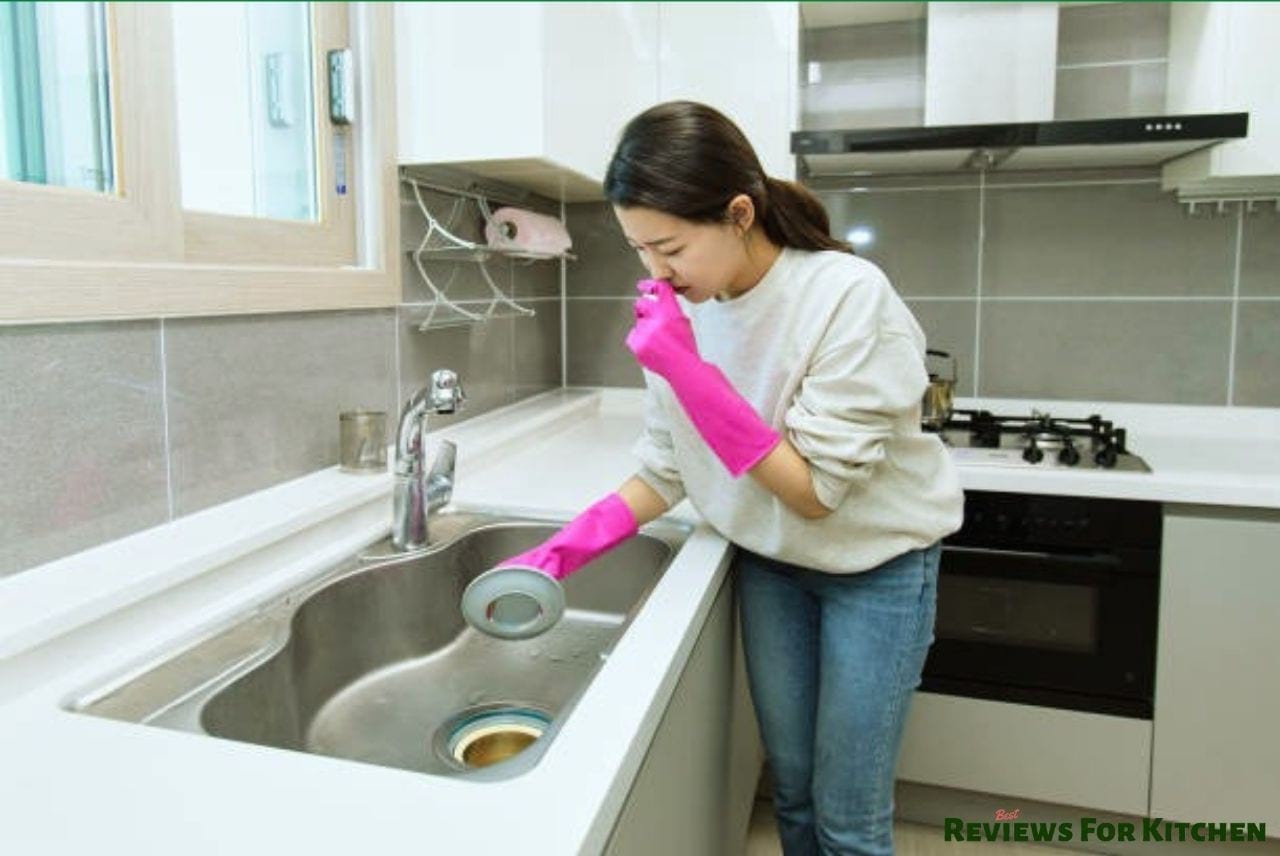 Finally, there are a few harmful habits that can contribute to smells in the kitchen sink.
Pouring hot grease
down the drain, for example, can cause it to solidify and create a clog. Similarly,
leaving dirty dishes in the sink
for extended periods can also lead to bacteria growth and unpleasant odors. By avoiding these habits and following the tips mentioned above, you can keep your kitchen sink smelling fresh and clean.
In conclusion, unpleasant smells in the kitchen sink can be both annoying and unhygienic. By understanding the underlying causes and implementing these simple solutions, you can eliminate these smells and keep your kitchen sink a pleasant and functional space. Remember to regularly maintain and deep clean your sink, use natural cleaning solutions, and avoid harmful habits to keep your kitchen smelling fresh and clean.
Finally, there are a few harmful habits that can contribute to smells in the kitchen sink.
Pouring hot grease
down the drain, for example, can cause it to solidify and create a clog. Similarly,
leaving dirty dishes in the sink
for extended periods can also lead to bacteria growth and unpleasant odors. By avoiding these habits and following the tips mentioned above, you can keep your kitchen sink smelling fresh and clean.
In conclusion, unpleasant smells in the kitchen sink can be both annoying and unhygienic. By understanding the underlying causes and implementing these simple solutions, you can eliminate these smells and keep your kitchen sink a pleasant and functional space. Remember to regularly maintain and deep clean your sink, use natural cleaning solutions, and avoid harmful habits to keep your kitchen smelling fresh and clean.











/cdn.vox-cdn.com/uploads/chorus_asset/file/19616741/drain_xl_0.jpg)


